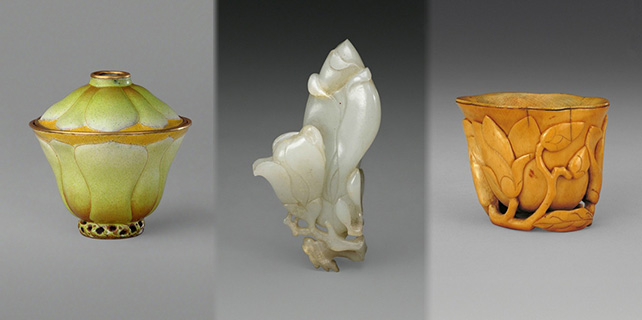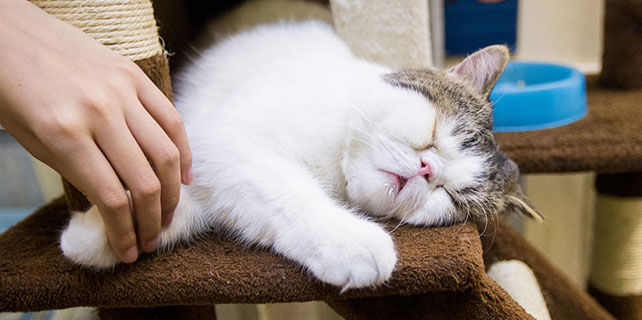China's Q1 inflation likely to remain low, growth stronger
BEIJING - China's inflation growth in the first quarter is likely to miss market expectations as food prices did not rise in line with projections, and the economy continues to pick up.
The average price of food in 50 Chinese cities continued to drop between March 21 and March 30, data from the National Bureau of Statistics (NBS) showed Wednesday.
Prices of pork, beef and mutton declined from the previous sample period of March 11 to March 20, cucumber lost the most, dropping by 6.4 percent, and canola and soybean oil dipped by 0.4 percent.
The 10-day snapshot could reflect the direction in consumer price index (CPI), a main gauge of inflation, as food prices account for nearly one-third of the prices used in calculating the index.
Weakening food prices are expected to drag down the March CPI, which is expected to grow by about 0.8 percent year on year, according to a report by the Bank of Communications (BOCOM).
NBS data also showed market prices of important means of production, or raw materials, were mixed in late March, compared with mid-way through the same month, signs of slower growth in producer price index (PPI) for March.
From March 21 to 30, prices of 20 products, among the 50 monitored by the NBS, went up while those of 25 products dropped, and five remained flat with the previous set of March data.
Overall prices of non-ferrous and ferrous metals, chemical products, oil and gas as well as agricultural materials fell, except for several products such as zinc ingots, seamless steel pipes and caustic soda.
Otherwise, prices of coal products, agricultural products and non-metallic building materials either remained flat or rose in this period.
China's PPI, which measures costs of goods at the factory gate, rose 7.8 percent year on year in February and hit its highest level since 2008, but its growth is expected to fall back largely as a result of industrial capacity-trimming measures.
NBS spokesperson Sheng Laiyun expects CPI to rise mildly to narrow its gap with the PPI, dismissing concerns over expanding disparities between the two readings.
In Q1 2017, the knock-on effects of rapidly-rising PPI on CPI were not strong as the country continues shedding excess capacity, and the year-on-year growth of CPI is well below market expectations, said BOCOM chief economist Lian Ping.
China's CPI rose 0.8 percent year on year in February, substantially lower than the 2.5-percent growth in January, NBS data showed.
The next few months will see limited rises in CPI driven by structural factors, said Zhou Jingtong, a senior researcher with the international finance institute of the Bank of China, pointing to the larger share of agriculture products, over industrial items, in determining the index.
Annual CPI growth this year will be well below the official target of around 3 percent against the backdrop of subdued consumer demand, and prudent and neutral monetary policy, BOCOM predicted.
The official CPI and PPI in March are due to be released by the NBS on April 12, while the official GDP growth in Q1 is scheduled to be unveiled on April 17.
The country's manufacturing purchasing managers' index came in at 51.8 in March, higher than 51.6 recorded in February, reinforcing signs that the economy is firming up. The index has stayed above the boom-bust line of 50 for eight months in a row.
China International Capital Corp, an investment bank, said in a research report that China's GDP growth could quicken to 6.9 percent in the first quarter from 6.8 percent in the fourth quarter of 2016, citing pick-up in industrial activity and improving domestic demand.









